Adding State to the Update Notification Pattern, Part 6 -- Raymond Chen
 Last time, we built a stateful but coalescing update notification using a change counter to identify which request is the latest one, but noted that it does unnecessary work. Let’s see if we can avoid the unnecessary work.
Last time, we built a stateful but coalescing update notification using a change counter to identify which request is the latest one, but noted that it does unnecessary work. Let’s see if we can avoid the unnecessary work.
Adding State to the Update Notification Pattern, Part 6
by Raymond Chen
From the article:
We could add some early exits to abandon the work if we notice that we are no longer doing work on behalf of the most recent text change. It means that we have to switch the change counter variable to a
std::since we will be reading the variable from the background thread at the same time the UI thread may be modifying it.atomic class EditControl { ⟦ ... existing class members ... ⟧ std::atomic<unsigned> m_latestId; }; winrt::fire_and_forget EditControl::TextChanged(std::string text) { auto lifetime = get_strong(); auto id = m_latestId.fetch_add(1, std::memory_order_relaxed); co_await winrt::resume_background(); if (!IsLatestId(id))) co_return; std::vector<std::string> matches; for (auto&& candidate : FindCandidates(text)) { if (candidate.Verify()) { matches.push_back(candidate.Text()); } if (!IsLatestId(id))) co_return; } co_await winrt::resume_foreground(Dispatcher()); if (!IsLatestId(id))) co_return; SetAutocomplete(matches); } bool EditControl::IsLatestId(unsigned id) { return id == m_latestId.load(std::memory_order_relaxed); }The background worker periodically checks whether its work has been discarded and abandons its efforts if so.


 In today's post, I will continue where I left off with last month's post Understanding the role of cv-qualifiers in function parameters. This time, I will focus on type deduction.
In today's post, I will continue where I left off with last month's post Understanding the role of cv-qualifiers in function parameters. This time, I will focus on type deduction.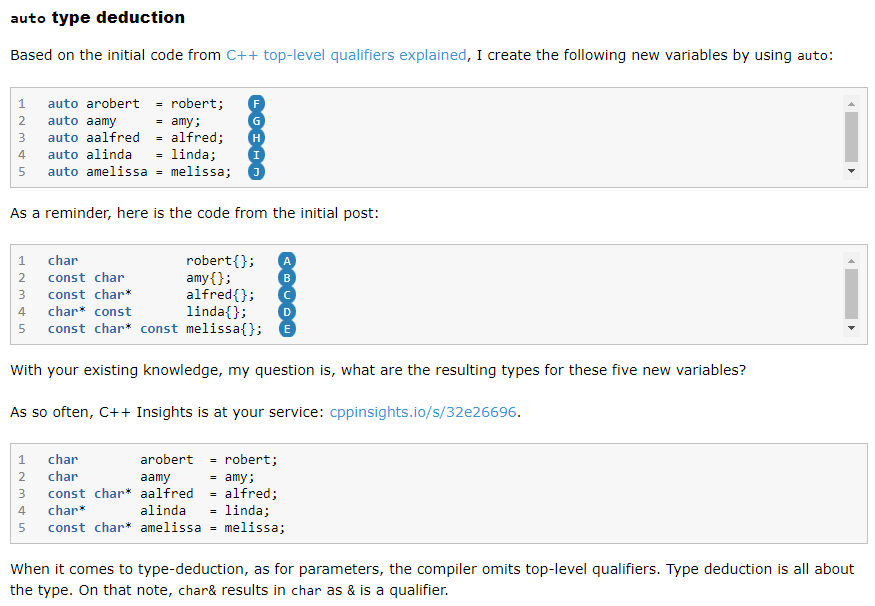
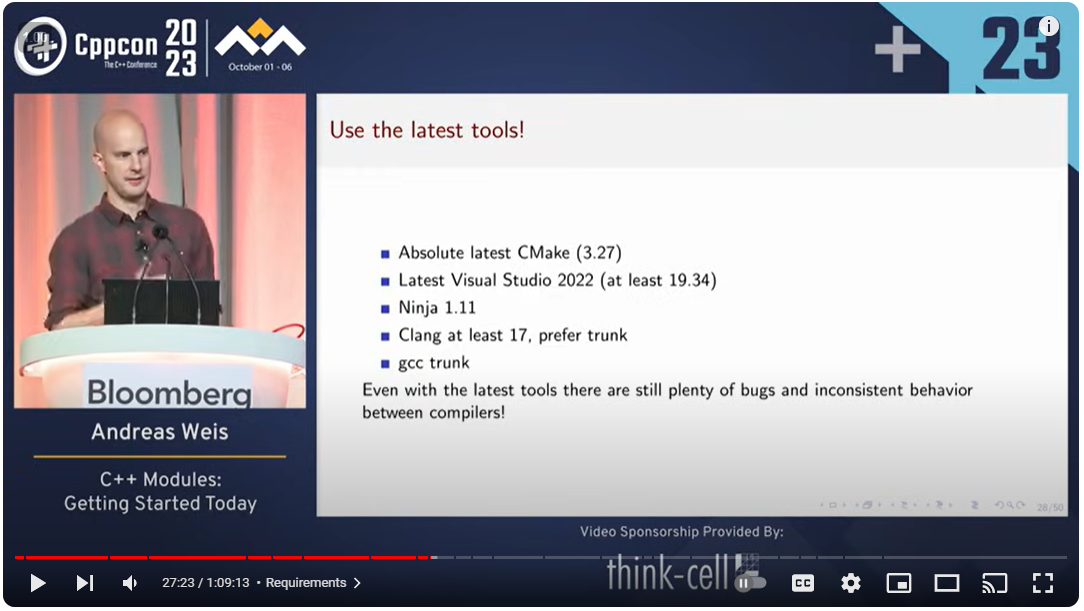 Registration is now open for CppCon 2024! The conference starts on September 15 and will be held
Registration is now open for CppCon 2024! The conference starts on September 15 and will be held 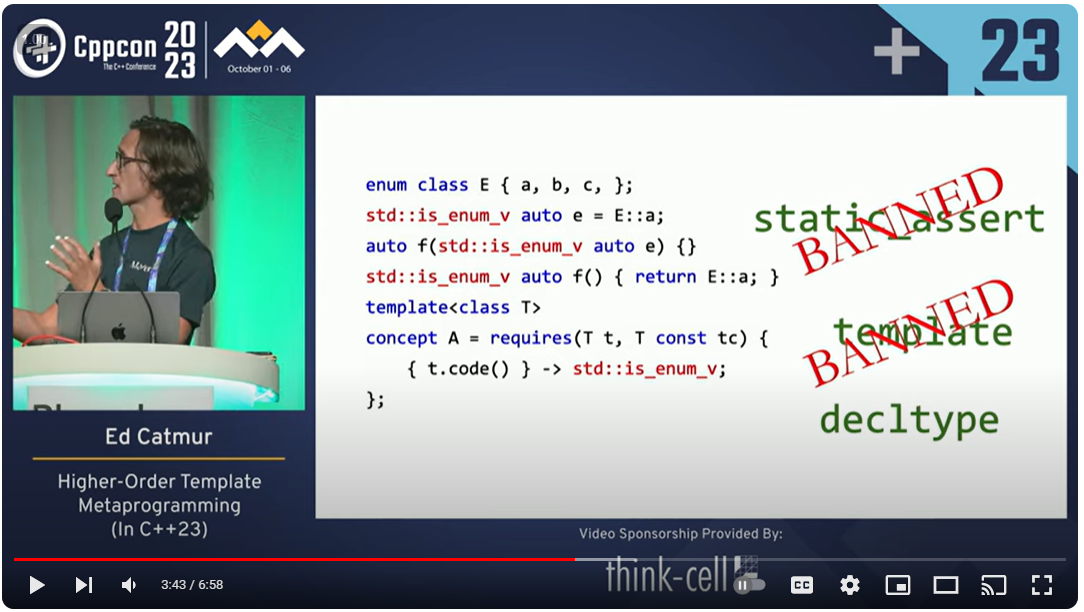 Registration is now open for CppCon 2024! The conference starts on September 15 and will be held
Registration is now open for CppCon 2024! The conference starts on September 15 and will be held 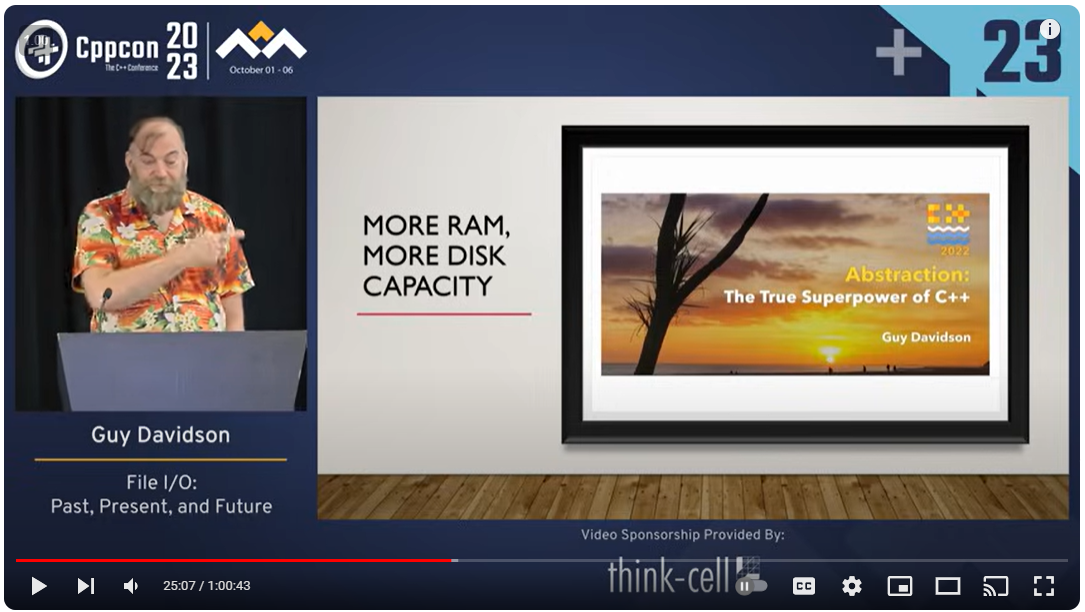 Registration is now open for CppCon 2024! The conference starts on September 15 and will be held
Registration is now open for CppCon 2024! The conference starts on September 15 and will be held 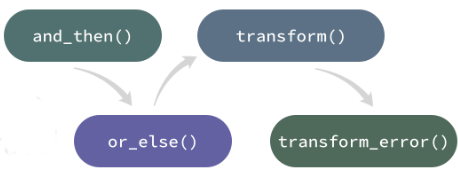 The new
The new 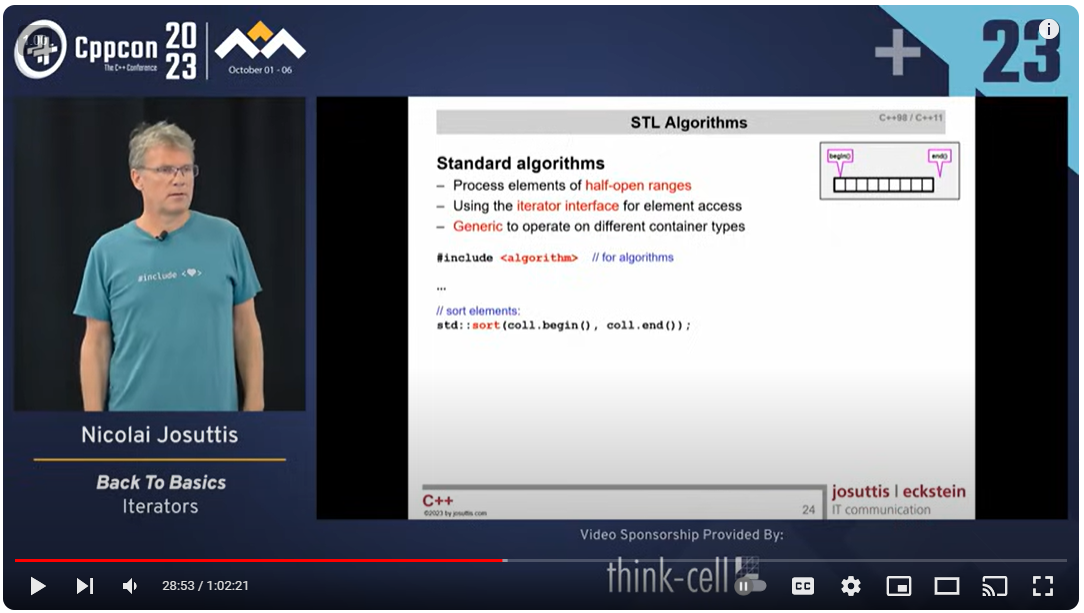 Registration is now open for CppCon 2024! The conference starts on September 15 and will be held
Registration is now open for CppCon 2024! The conference starts on September 15 and will be held 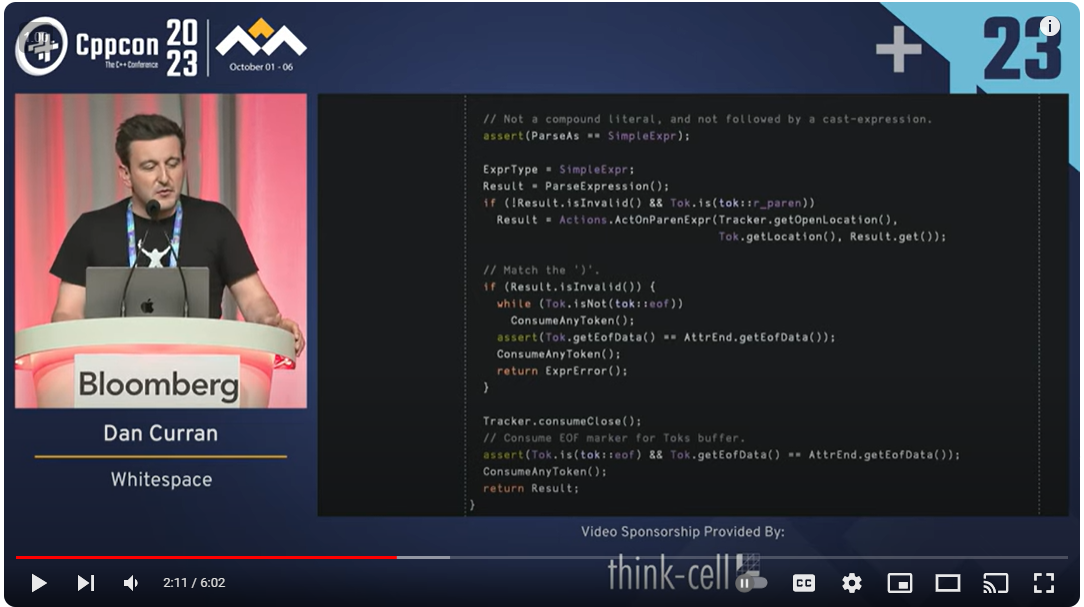 Registration is now open for CppCon 2024! The conference starts on September 15 and will be held
Registration is now open for CppCon 2024! The conference starts on September 15 and will be held